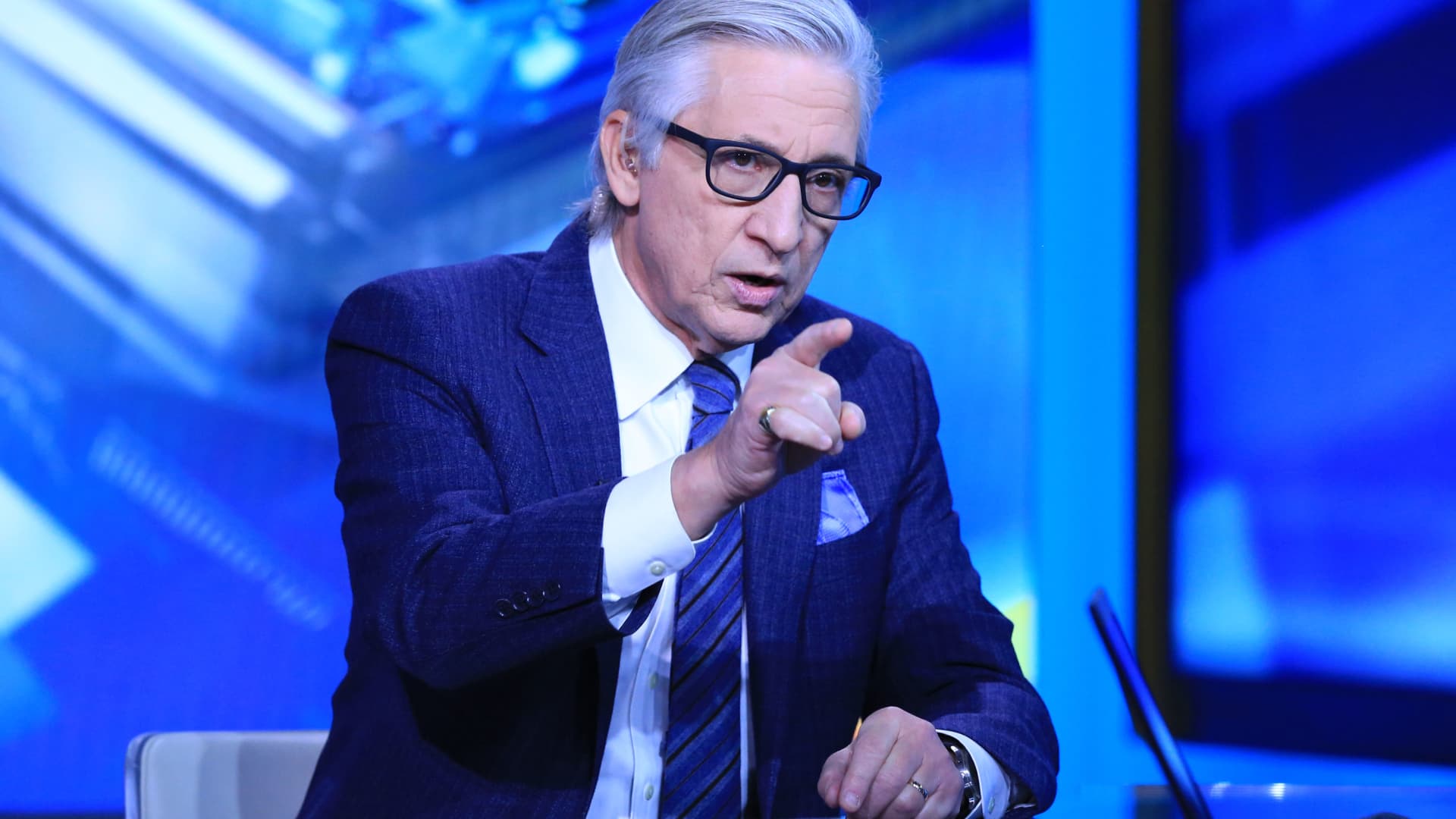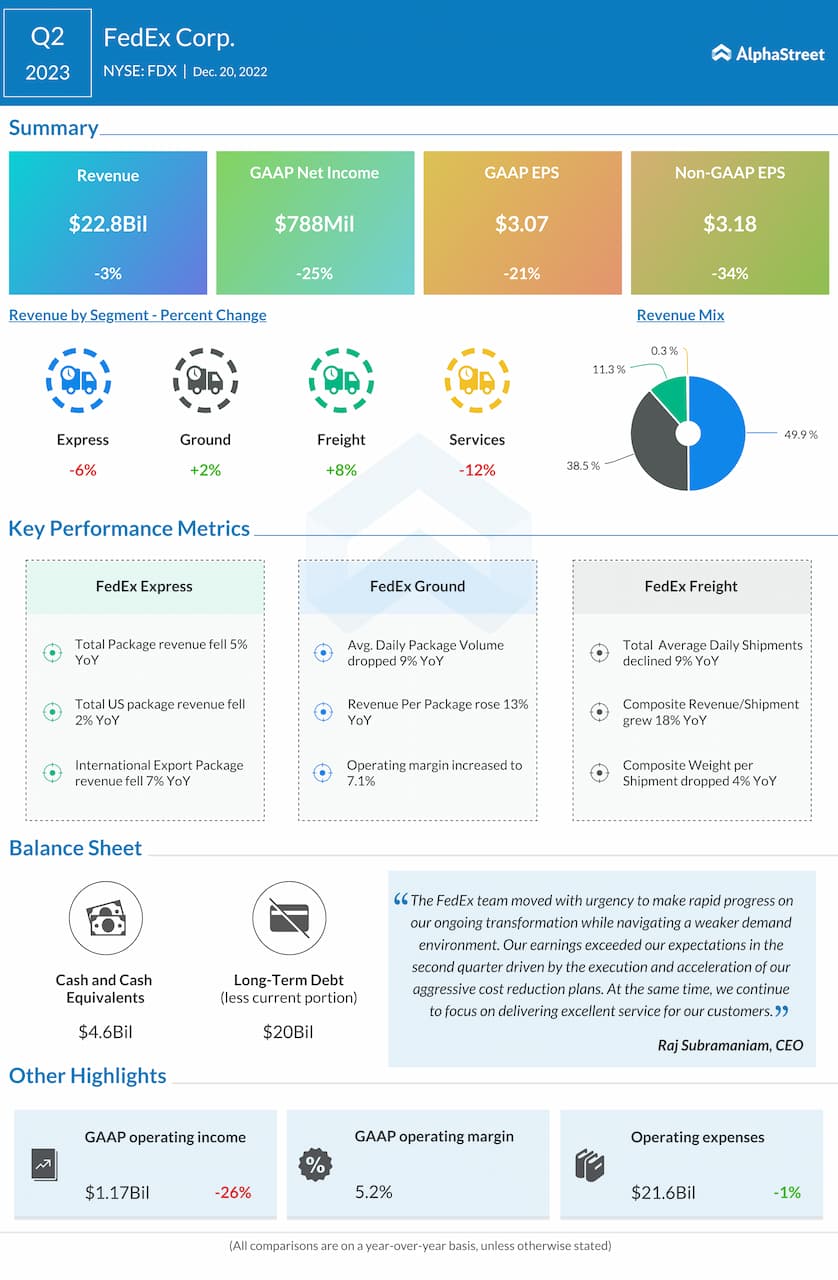Bob Pisani’s book “Shut Up & Keep Talking”
CNBC
(Below is an excerpt from Bob Pisani’s new book “Shut Up and Keep Talking: Lessons on Life and Investing from the Floor of the New York Stock Exchange.”)
Most people like to think that they’re rational. But — at least when it comes to investing — that’s not always the case.
Way back in 1979, Daniel Kahneman and Amos Tversky noted that human beings did not act the way classical economics said they would act.
They were not necessarily rational actors. They did not buy low and sell high, for example. They often did the opposite.
Why? Kahneman and Tversky proposed a theory, which they called prospect theory. Their key insight was that individuals don’t experience gains and losses in the same way. Under classical theories, if someone gained $1,000, the pleasure they feel should be equal to the pain they would feel if they lost $1,000.
That’s not what Kahneman and Tversky found. They found that the pain of a loss is greater than the pleasure from a gain. This effect, which came to be known as loss aversion, became one of the cornerstones of behavioral economics.
In later years, Kahneman and Tversky even attempted to quantify how much stronger the loss was. They found that the fear of an emotional loss was more than twice as powerful as an emotional gain.
That went a long way toward explaining why so many people hold on to losing positions for so long. The opposite is also true: people will tend to sell their winners to lock in gains.
You have more biases than you think
Over the years, Kahneman and many others went on to describe numerous biases and mental shortcuts (heuristics) that humans have developed for making decisions.
Many of those biases are now a common part of our understanding of how humans interact with the stock market.
These biases can be broken down into two groups: cognitive errors due to faulty reasoning, and emotional biases that come from feelings. Loss aversion is an example of an emotional bias.
They can be very tough to overcome because they are based on feelings that are deeply ingrained in the brain. See if you recognize yourself in any of these emotional biases.
Investors will:
Come to believe they are infallible when they hit a winning streak (overconfidence).
Blindly follow what others are doing (herd behavior).
Value something they already own above its true market value (endowment effect).
Fail to plan for long-term goals, like retirement, because it’s easier to plan for short-term goals, like taking a vacation (self-control bias).
Avoid making decisions out of fear the decision will be wrong (regret aversion bias).
There’s also cognitive errors
Cognitive errors are different. They don’t come from emotional reactions, but from faulty reasoning. They happen because most people have a poor understanding of probabilities and how to put a numerical value on those probabilities.
People will:
Jump to conclusions. Daniel Kahneman, in his seminal 2011 book “Thinking, Fast and Slow,” said that: “Jumping to conclusions on the basis of limited evidence is so important to an understanding of intuitive thinking, and comes up so often in this book, that I will use a cumbersome abbreviation for it: WYSIATI, which stands for what you see is all there is.”
Select information that supports their own point of view, while ignoring information that contradicts it (confirmation bias).
Give more weight to recent information than older information (recency bias).
Convince themselves that they understood or predicted an event after it happened, which leads to overconfidence in the ability to predict future events (hindsight bias).
React to financial news differently, depending on how it is presented. They may react to the same investment opportunities in different ways or react to a financial headline differently depending on whether it is perceived to be positive or negative (framing bias).
Believe that because a stock has done well in the past it will continue to do well in the future (the gambler’s fallacy).
Overreact to certain pieces of news and fail to place the information in a proper context, making that piece of news seem more valid or important than it really is (availability bias).
Rely too much on a single (often the first) piece of information as a basis for an investment (such as a stock price), which becomes the reference point for future decisions without considering other pieces of information (anchoring bias).
What’s the takeaway?
People have so many biases that it’s tough to make rational decisions.
Here’s a few key takeaways:
It’s possible to train people to think more rationally about investing, but don’t expect too much. With all this brilliant insight into how people really think (or don’t), you’d think that as investors we wouldn’t be repeating the same dumb mistakes we have been making for thousands of years.
Alas, investing wisdom and insight remains in short supply because 1) financial illiteracy is widespread. Most people (and sadly most investors) have no idea who Daniel Kahneman is, and 2) even people who know better continue to make dumb mistakes because overriding the brain’s ‘react first, think later’ system that Daniel Kahneman chronicled in “Thinking, Fast and Slow” is really, really hard.
The indexing crowd got a boost from behavioral economics. Billions of dollars have flowed into passive (index-based) investing strategies in the past 20 years (and particularly since the Great Financial Crisis), and with good reason: unless you want to endlessly analyze yourself and everyone around you, passive investing made sense because it reduced or eliminated many of those biases described above. Some of these passive investments can have their own biases, of course.
Stocks can be mispriced. Psychology plays a large part in setting at least short-term stock prices. It is now a given that markets may not be perfectly efficient and that irrational decisions made by investors can have at least a short-term impact on stock prices. Stock market bubbles and panics, in particular, are now largely viewed through the lens of behavioral finance.
Behavioral economics wins the Nobel Prize
At least the world at large is recognizing the contributions the behavioral economists have made.
Daniel Kahneman won the Nobel Memorial Prize for Economic Sciences in 2002 for his work on prospect theory, specifically for “having integrated insights from psychological research into economic science, especially concerning human judgment and decision-making under uncertainty.”
Other Nobel awards for work in behavioral economics soon followed. Richard Thaler, who teaches at the University of Chicago Booth School of Business, won the Nobel Memorial Prize in Economic Sciences in 2017. Thaler, too, had demonstrated that humans acted irrationally, but they did so in predictable ways, giving hope that some form of model could still be developed to understand human behavior.
Yale Professor Robert Shiller won the 2013 Nobel Memorial Prize in Economic Sciences (with Eugene Fama and Lars Peter Hansen) for his contribution to our understanding of how human behavior influences stock prices.
Bob Pisani is senior markets correspondent for CNBC. He has spent nearly three decades reporting from the floor of the New York Stock Exchange. “In Shut Up and Keep Talking,” Pisani shares stories about what he has learned about life and investing.






















